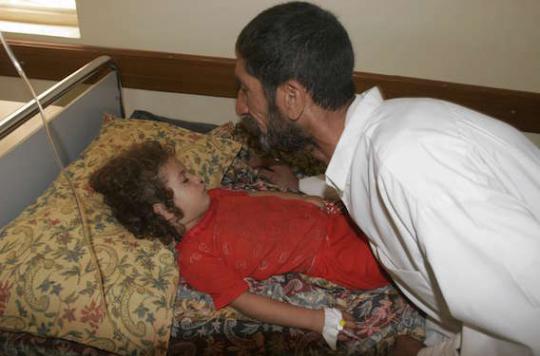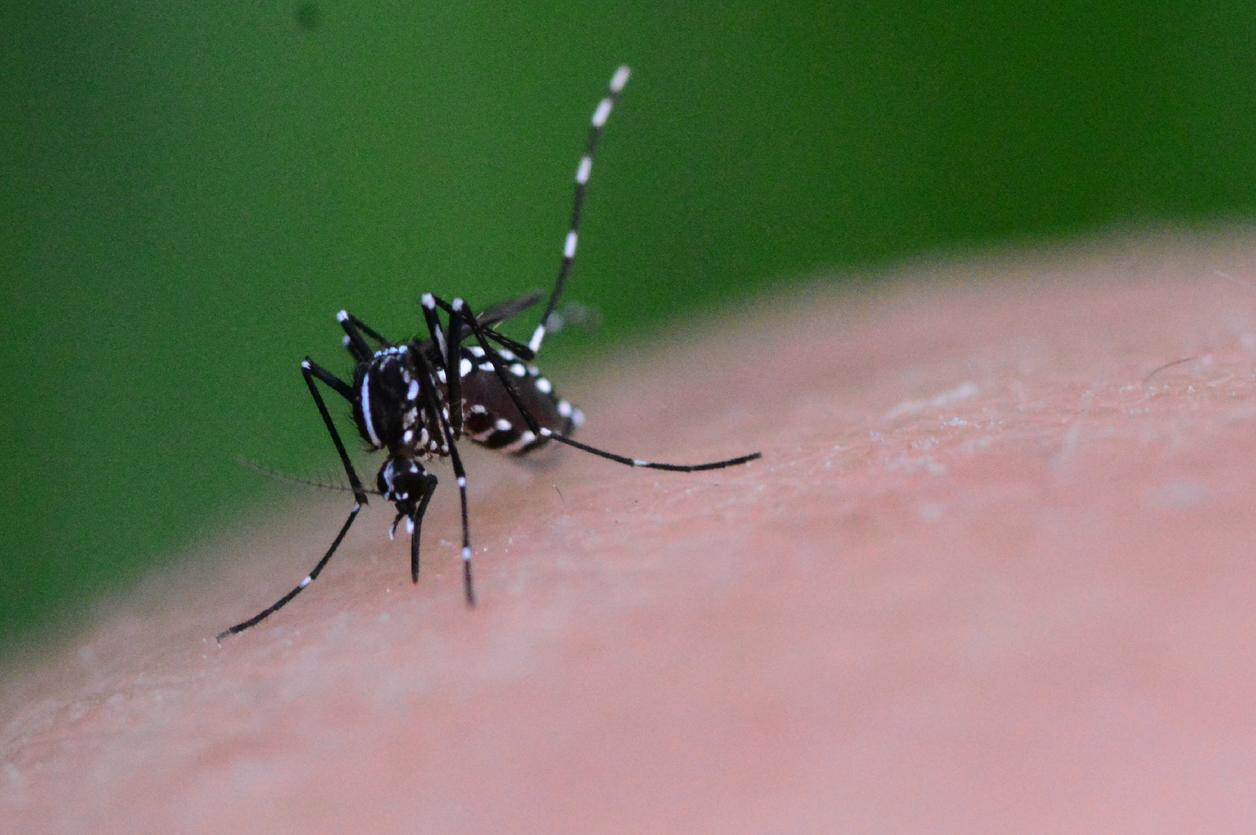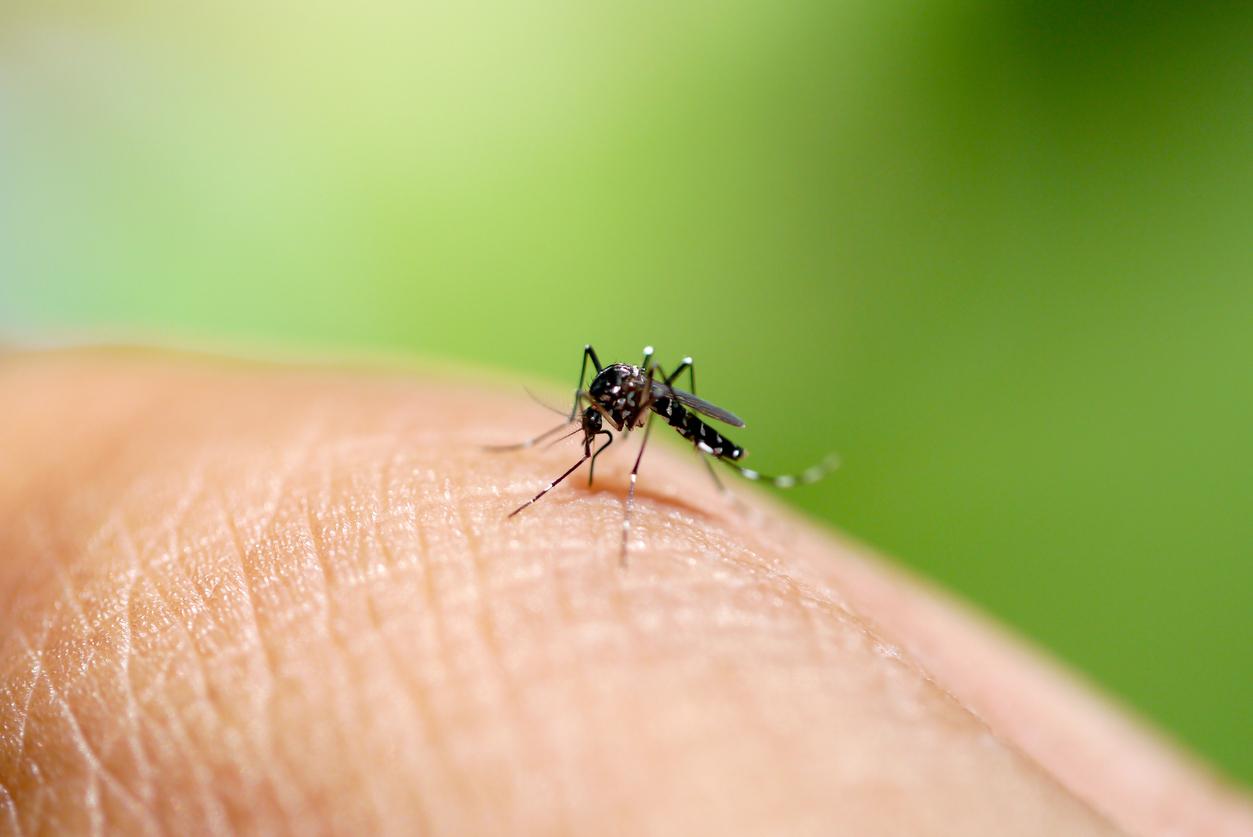Syria is facing a cholera epidemic that is hitting displaced populations and could spread to other countries.

Syria, plunged into a civil war for more than four years, faces a cholera epidemic that could cross borders. The fears expressed by the WHO (World Health Organization) at the beginning of the year are confirmed on the ground, according to elements reported by the British press.
A deceased child
In February, the UN agency warned of the strong epidemic risks in the country. This time, it is the Syrian American Medical Society (Sams), the largest NGO still present on Syrian soil, which is expressed in the columns of the daily The Independent to describe an alarming situation.
During the conflict, health infrastructure collapsed, hospitals were wiped out. The health system is at half-mast and the population no longer has access to basic health care. In this deleterious context, the epidemic could spread like wildfire, inside and beyond Syrian borders.
A five-year-old child died this week in Aleppo province, “very likely” from the disease, according to the NGO, which had confirmation of the diagnosis from the WHO.
80% of asymptomatic patients
“It spreads so easily,” warns Dr Ahmad Tarakji, president of Sams. People move in and out of the country, they go to Europe. A very large number of people could be exposed. Historically, it is a disease that affects displaced populations ”.
This situation is all the more worrying given that 80% of carriers of the virus do not develop any symptoms of the infection. In the end, “nobody will know who is infected”, adds the doctor of the NGO.
Currently, four million Syrians have fled the war and sought refuge in another state (95% of them in Turkey, Lebanon, Jordan, Iraq and Egypt, according to a report Amnesty International dated June 2015). Inside the country, there are eight million displaced people.
Fears of an international epidemic
The conditions in which these collateral victims of the war live favor the spread of cholera, a disease that particularly affects children. Inside Syria, access to drinking water is becoming scarce, especially in rebel-controlled areas where wastewater treatment plants are struggling to operate. On the roads of exile, the refugees cannot find clean water or toilets.
This alert follows one launched by the Iraqi government, which declared the state of epidemic on September 15. The last balance sheet WHO reports 1,263 confirmed cases, including six deaths, in fifteen governorates of the country.
However, the current context does not bode well. This summer, for lack of funds, the UN announced the suspension of 184 health services in Iraq. In a press release, the body specifies that “this financial situation has already led to a reduction in food rations for a million people”. Almost a third of water, sanitation and hygiene programs have been closed and 500,000 children may not be immunized.
Last week, Dominique Legros, in charge of cholera at the WHO, expressed his fears of seeing the cholera epidemic “spreading in the Middle East, in Syria and in the refugee camps”.
.

















